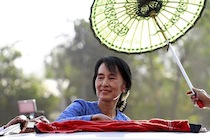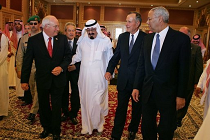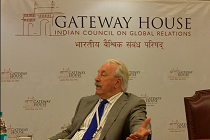Egypt remains the key
The presidency of Mohamed Morsi, the Muslim Brotherhood's candidate, will have a defining influence both in Egypt and the region. Having won the battle through the ballot though, will Muslim Brotherhood also be willing to cede power through the ballot?









